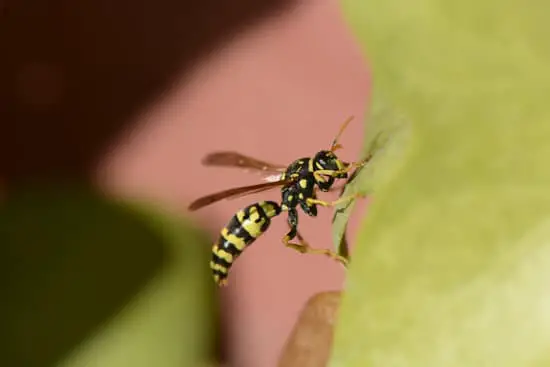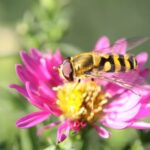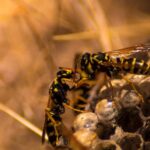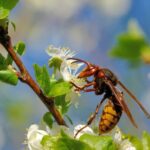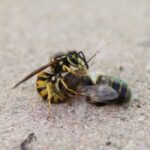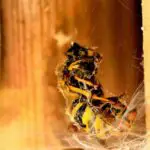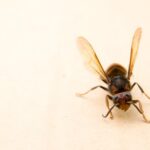Are Wasps Bad For the Environment?
Despite their many benefits, many people have a negative attitude towards wasps. This could be because they don’t know much about them. If people were educated about the importance of wasps, they might change their attitude.
Wasps have many contributions to the environment, such as pollination and pest control. They can also benefit human health and economy. Despite their low status, wasps are not extinct, as there are still over 7,000 species in the UK alone. They’re also useful as an environmental monitoring tool.
Several studies have found that wasps have the potential to play an important role in regulating the world’s insect populations. They do this by feeding on pests and other insects, such as crickets, flies, and mosquitoes. This helps to minimize the need for pesticides, which are used to control insects.
Wasps can also play a role in preventing the spread of certain diseases. For example, the venom of the yellowjacket is being studied as a potential treatment for cancer. Other benefits include their ability to clean up rotting flesh and decompose biomass.
A recent review of stinging wasps revealed that these insects are important to the ecosystem. The researchers studied more than 500 academic papers to compile the data. They found that small wasp colonies could eat up to 3,000 mosquitoes a day.
Another study found that wasps play a role in regulating the number of pollinators. These insects play a crucial role in pollinating plants, which in turn contributes to the global economy.
